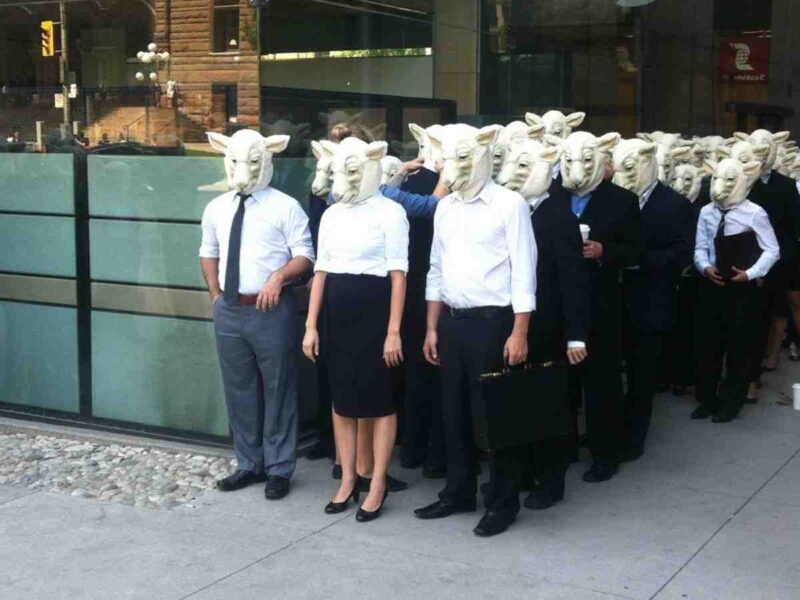Why are Voters So [REDACTED] Stupid?
Amateurs talk tactics; professionals discuss logistics. So opines a Soviet general in some of the best Cold War fiction to ever grace our shelves, Red Storm Rising, in which one of the underlying themes is the impostor syndrome the Soviets suffered as they took over through ideology and then had to figure out ordinary competence and survival.
When talking about voters, amateurs talk about emotions; professionals talk about psychological states. Since we have spent most of our lives with the amateurs, especially the variety of poseur that calls itself an “intellectual,” it makes sense to embark on a flight of fancy through what the professionals experience.
The mental state of voters is shared between democracies, even across IQ bands, because almost all democracies are run by the upper-middle-class since everyone else imitates them, their biases filter down through their products and media, and all candidates come from this group.
It is time to stop treating democracy as politics, and to look at it more honestly as a pathology. It is a compensatory mental state designed to rationalize a crisis as normal, and by doing this, it shapes the thinking of those caught in its web into a crisis of permanent rationalization.
As most readers know, you either think forward from need to possibilities to action, an ends-over-means calculus, or you think backward through rationalization, meaning taking what is accepted and finding an option among its many approved methods that can be explained to the ego as basically what you wanted anyway.
The pathology of the voters begins in oblivion. They are caught up in a process that is not logical in the sense of being both realistic and constructed by the standards of logic, so they have given up on logic, and turned to emotion, feeling, and whatever seems to kick the economy into higher gear for the next four years.
By the nature of committees, and the voters form what can only be described as a very large committee, they are committed to process first and results later (means-over-ends). Bureaucracies are formed of committees, and committees specialize in avoiding what will divide the committee, which means they punt on big issues and pursue trivialities instead.
Ever notice that in democracies, elections are always about trends or optics, and never about the long-term health of the nation? No one is thinking ahead by fifty or a hundred years, much less a thousand or a million as they should be. They think in terms of saying things to get the votes and make the compromises to get elected again.
To the voters, democracy is merely a lottery or popularity contest. There is no point in standing up for anything real; the herd wins every time, and its first victory is the exclusion of things of actual import so that people can make careers by dramatically arguing for whatever triviality has captured the media or attention trends at that moment.
The core of democracy and modernity is individualism, which in groups becomes equality because the individualists will inevitably set up a committee to protect them from those who notice reality. For this committee to work, all of the members must be equal, which guarantees it will avoid all issues in which people who notice reality are invested.
This creates moralism, or the application of abstract and universal principles in place of responding to conditions in reality. A moralist will burn down his town rather than violate the rights of one person, and will keep a dysfunctional policy in place because it promotes equality, altruism, compassion, tolerance, etc.
Moralism creates what kills societies at their core: jobs. A job is work done for someone else, and therefore, all you must do is fool the manager or customer for long enough to get paid and promoted. Forget paying attention to reality; do what others tell you and then blame someone else if things go wrong.
Once society gets to the level of jobs, the committee has taken over, and no one is thinking about results. They are thinking about how to manipulate the system. They want to do what others think is important, and then distinguish themselves by doing it in some unique way, so that their careers grow as they are promoted at their jobs.
At that point, the pathology of means-over-ends has taken root. No one has goals; they are simply manipulating the system, both victimizing it and feeling oppressed by it, as they try to get their pile of wealth and escape the doddering and collapsing society. This is not capitalism; it is just democracy in full maturity as a pathology of individualism.
Tags: crowdism, democracy, individualism, means over ends, pathology










